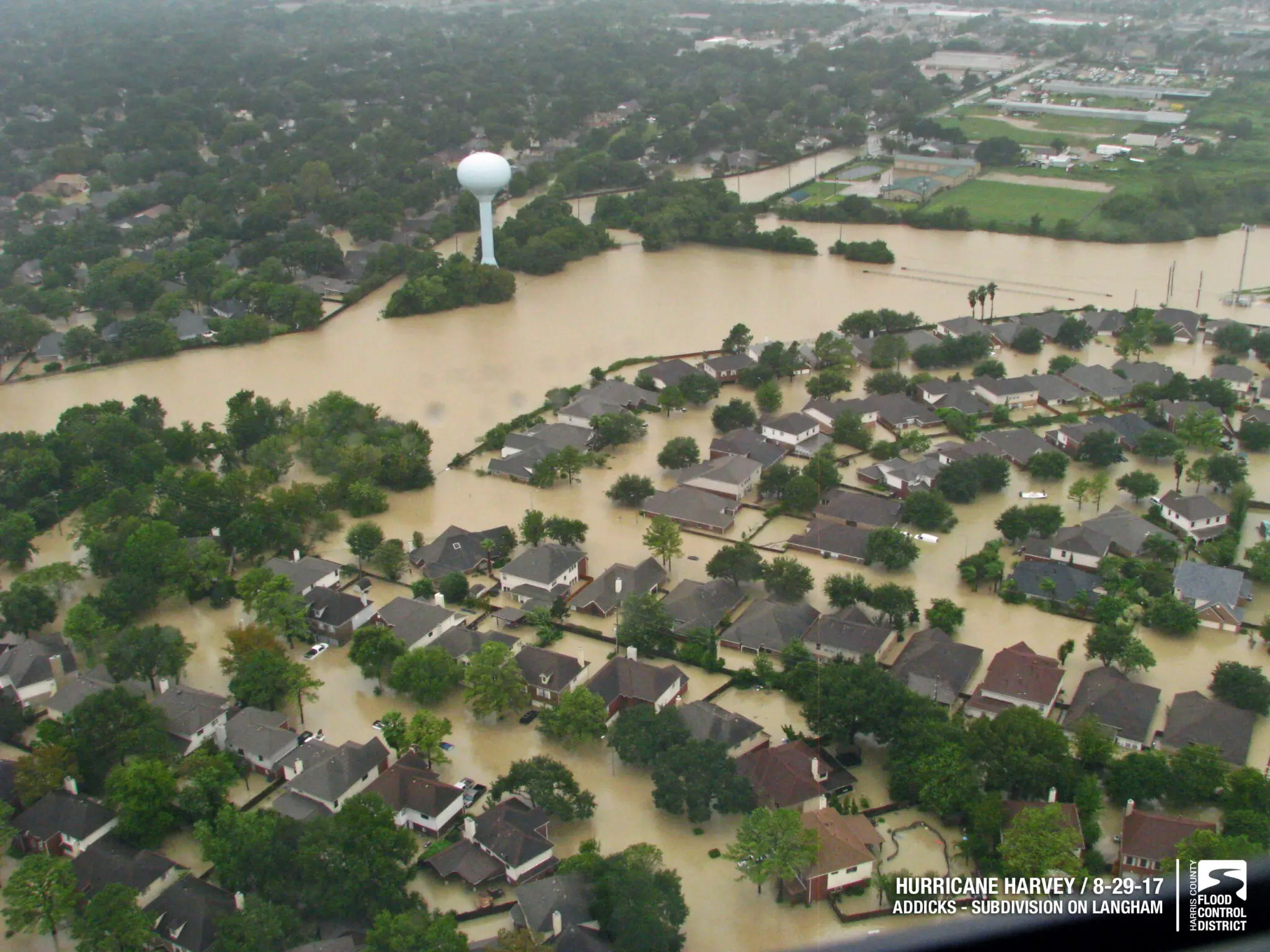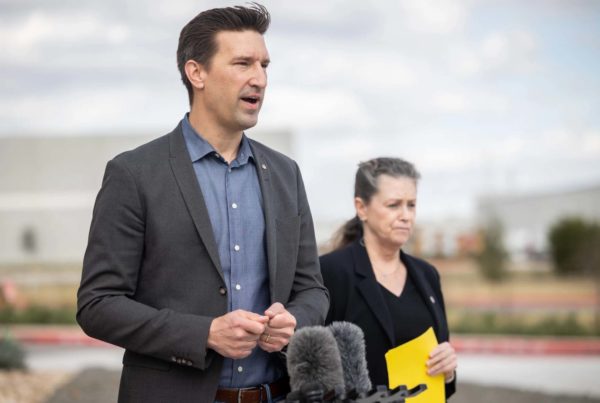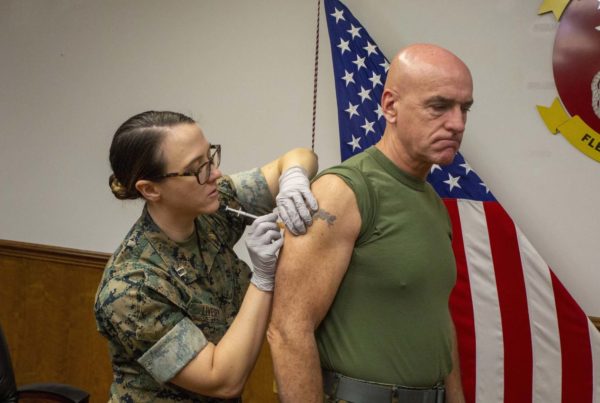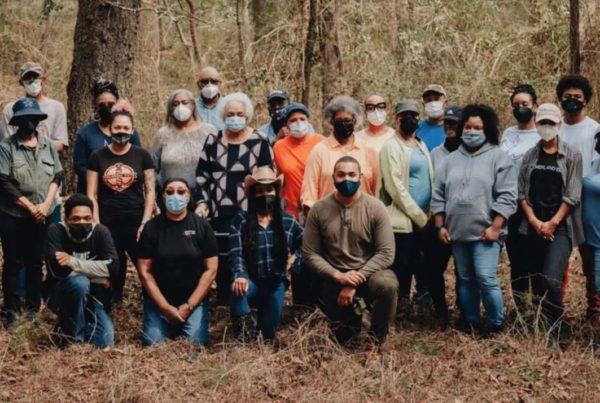Did your home flood during Harvey? If so, how has that affected your flood insurance premiums? Email Andrew Schneider at andrews@houstonpublicmedia.org or contact him on Twitter @aschneider_hpm.
Homeowners within the Addicks and Barker Reservoirs recently won a judgment against the federal government for letting their homes flood during Hurricane Harvey. The government has appealed the judgment, and a final ruling isn’t likely until sometime in 2024. But even if that ruling favors the homeowners, it will come at a cost: residents of those neighborhoods will have limited options if their homes flood again.
Bill Cook has been a flood advocate ever since the Addicks Reservoir flooded his former home in Bear Creek Village after Hurricane Harvey. He’s concerned not enough homeowners know they’re vulnerable if another Harvey hits the Addicks and Barker Reservoirs, giant basins designed more than 80 years ago to protect downtown Houston from floodwaters.
“Many of them are not aware of it,” Cook said, poring over several sets of documents on home sales on his dining table. “It’s seldom disclosed in the documents, if you were to buy a home in the post Harvey market.”
What many people don’t know is they won’t be able sue the federal government if homes there flood again.
Last October, Judge Charles F. Lettow of the U.S. Court of Federal Claims awarded homeowners in six test cases a combined award of roughly $500,000, after finding the U.S. Army Corps of Engineers liable for flood damages the reservoirs inflicted on their homes during Harvey. People who owned other homes within the reservoirs at the time of Harvey and suffered similar damages have until August 30 of this year to file their own lawsuits for compensation.
But Lettow’s damage award came with a caveat, identified in the final pages of the judgment as a “flowage easement.” It allows the Corps access to the test properties without paying another dime.
“The easement itself basically grants the government a permanent right to impound water within homes or properties that essentially were flooded during Harvey,” Cook said.
Charles Irvine, one of the lead attorneys for owners of homes sitting in the reservoirs behind the dam gates, agreed with Cook’s interpretation.
“Reading that in context with the liability decision, you could infer that a court will make the same ruling on all of the other upstream properties, when it gets the opportunity to do that,” Irvine said. “(The Corps) will treat that easement as applying to every single upstream property that flooded during Harvey.”















